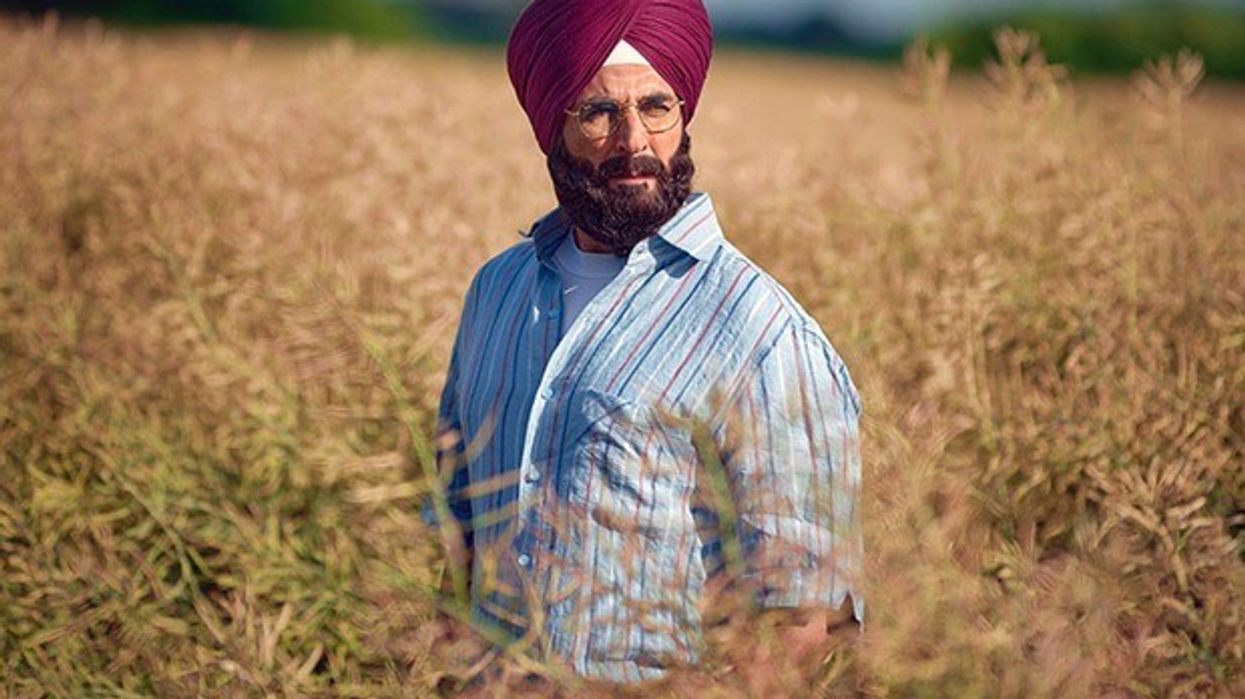Most recently seen in Yash Raj Films’ Samrat Prithviraj, Akshay Kumar has announced a new film, Capsule Gill.
The upcoming film is a biopic of chief mining engineer Jaswant Gill. If reports are to be believed, Kumar has landed in the UK and is currently filming some important scenes under the direction of Tinu Suresh Desai.
Bankrolled by Vashu Bhagnani, Deepshikha Deshmukh, and Jackky Bhagnani via Pooja Entertainment, the film is a true story based on Gill’s life, who led the rescue operation to save over 60 lives when a coal mine in Raniganj was flooded in 1989.
A recent photo of Kumar dressed like a Punjabi Sardar from the sets of the film has gone viral on social media.
Kumar is expected to shoot in the UK till the end of July after which, he will return to India to promote his next release Raksha Bandhan, directed by Aanand L Rai. The film is set to release on August 11, 2022.
In addition to Kumar, Capsule Gill also stars Parineeti Chopra, who is playing his on-screen wife. The actress will be joining her co-star in the UK.
This is not the first time the two will be working together on a film. Earlier, they shared the screen space for Dharma Productions’ Kesari.
From what we hear is that the makers of Capsule Gill are leaving no stone unturned to shoot the film on a large scale and have reportedly blocked 100 acres of land for shooting. It is being billed as the biggest Indian production to ever take place in the UK as far as the scale is concerned.
If all goes well, Akshay Kumar and the team are looking at wrapping up the film by August end and then commence work on post-production.
Keep visiting this space over and again for more updates and reveals from the world of entertainment.




